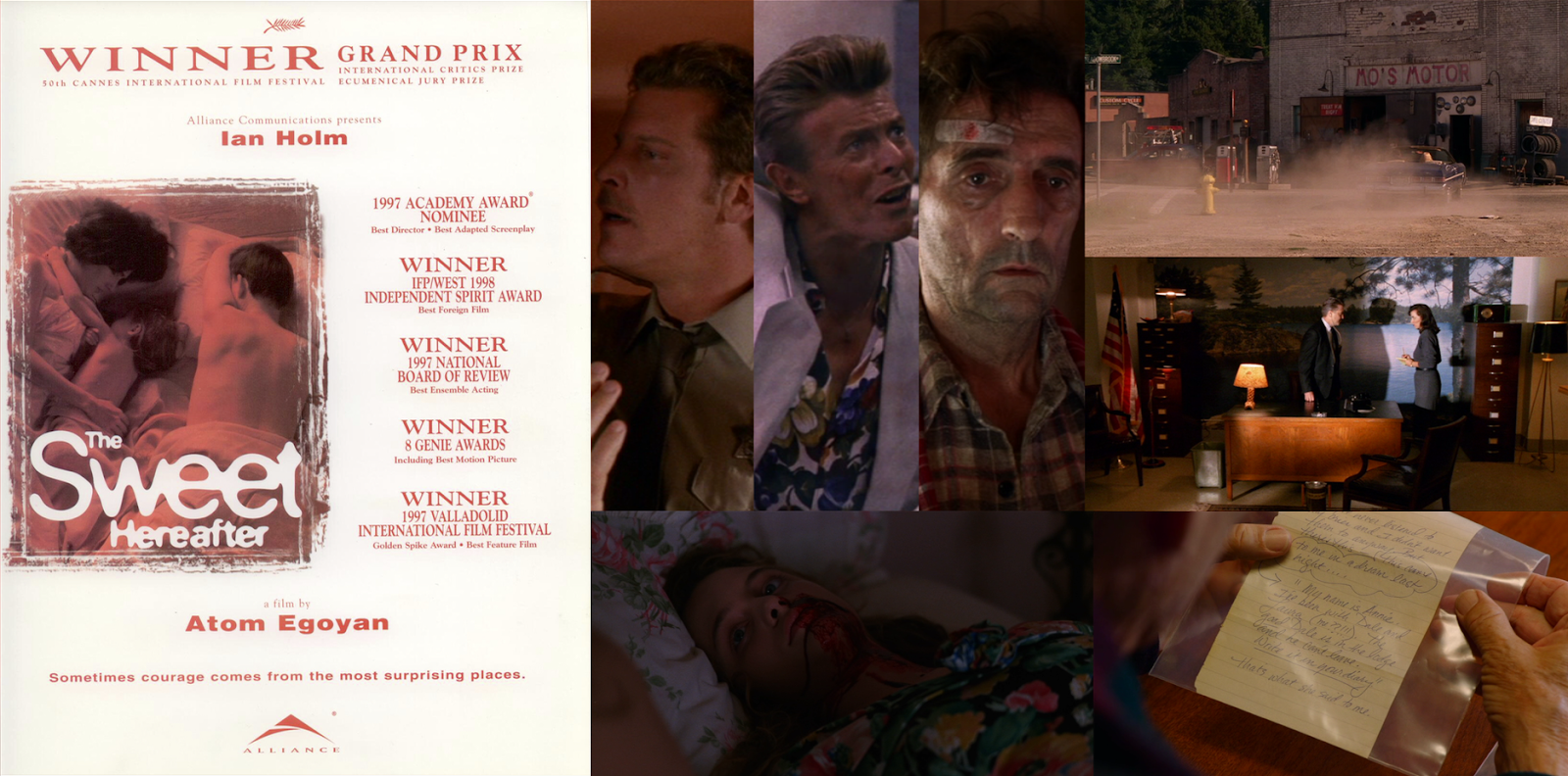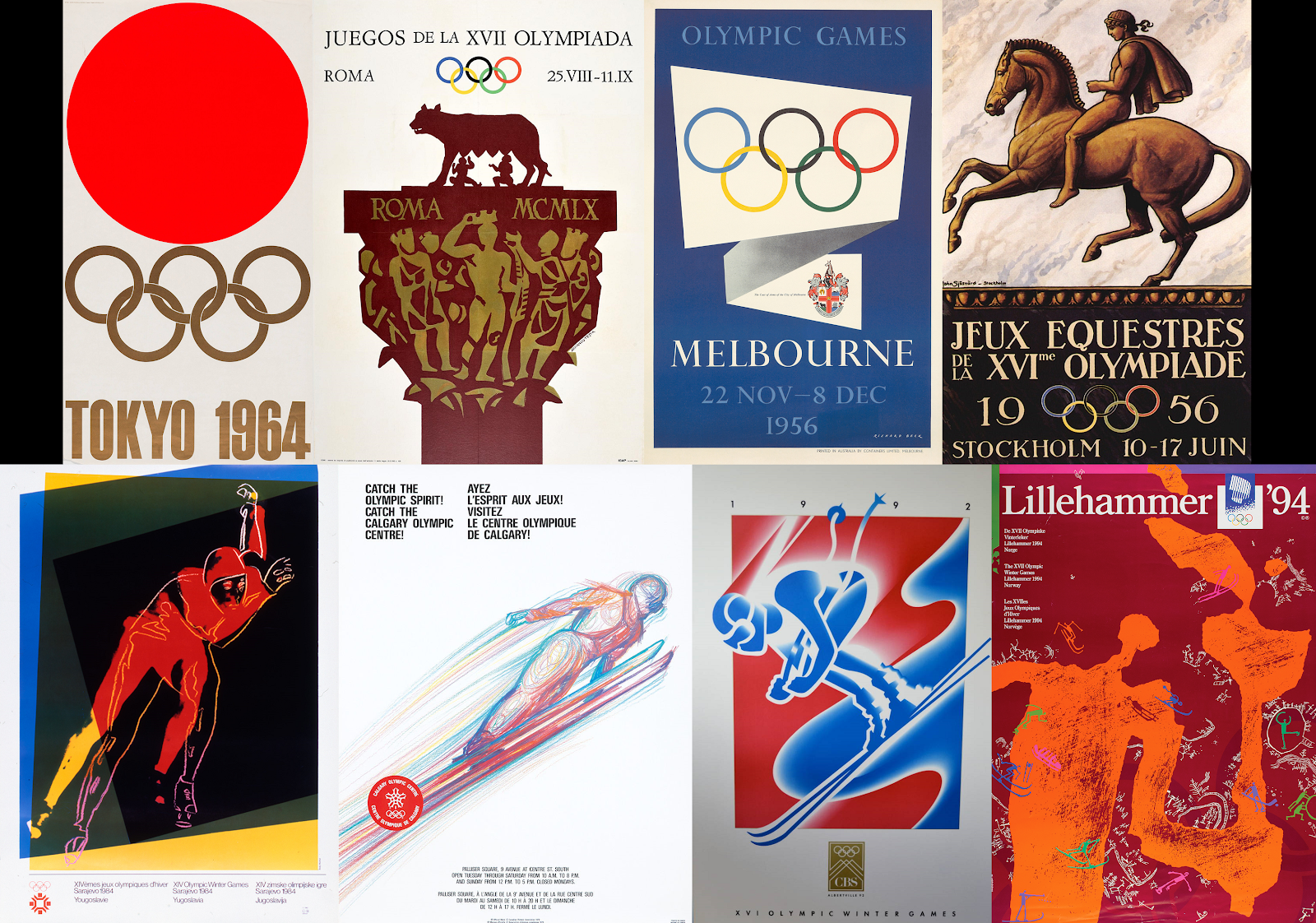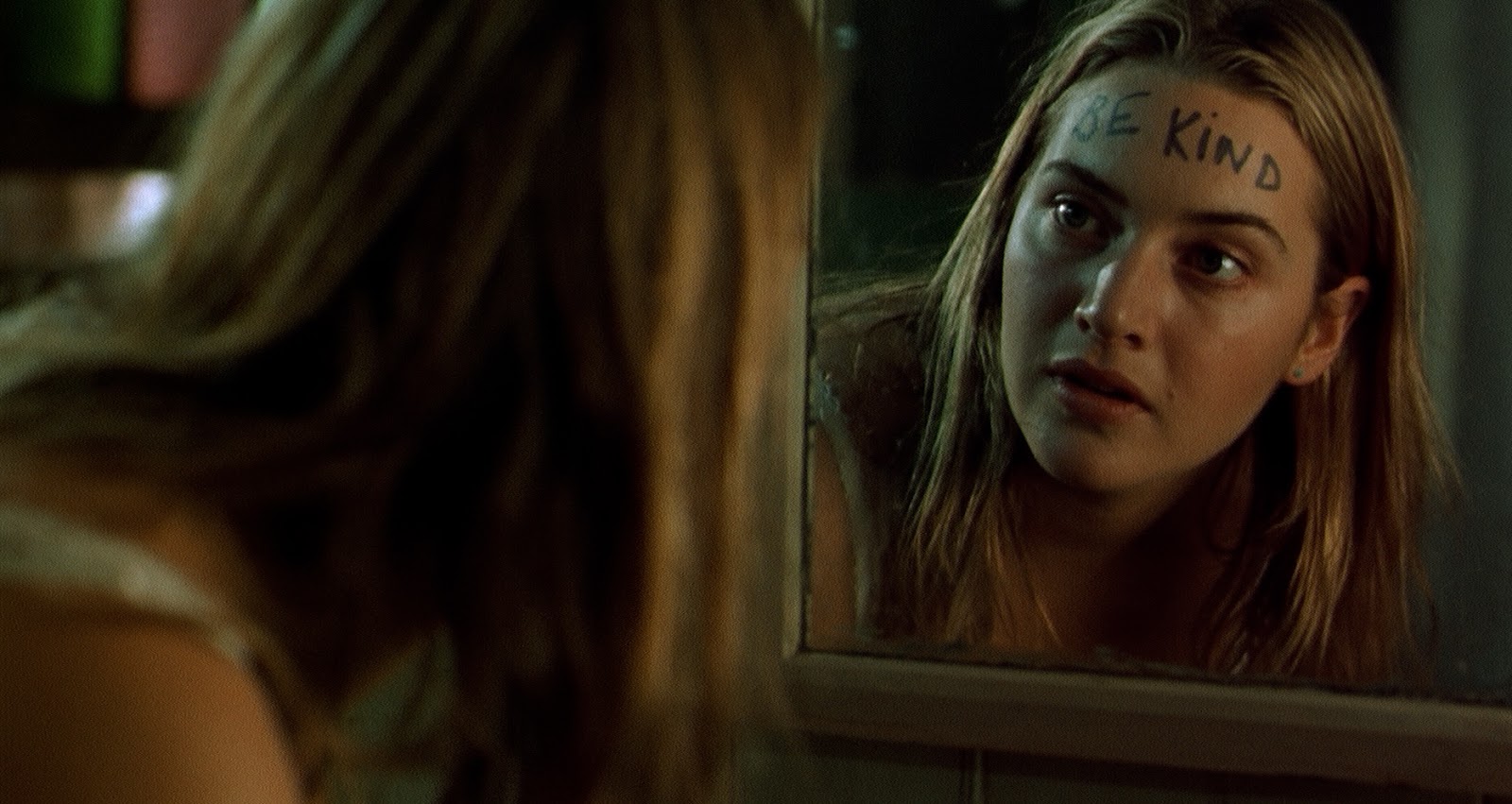Story (aired on May 10, 2015/written by Carly Wray and Matthew Weiner; directed by Matthew Weiner): Not for the first time, but possibly for the last, Mad Men focuses on exactly three stories, each centered around a single character - Pete and Betty and Don - with not a second to spare for characters who aren't directly pertinent to those three individual struggles. (No Peggy or Joan or Roger, to name just the most prominent absences.) One protagonist rises, one falls, and one goes roundabout.
Let's start in the middle with poor Betty, whose fall is quite literal. Collapsing on the steps of her college, the student housewife discovers why she's been feeling so tired and weak lately. An X-ray reveals that she has advanced lung cancer; adding insult to injury, she's only informed of the details by eavesdropping on Dr. Barton's (Doug Simpson's) conversation with her husband nearby. Treatment will be palliative. She is going to die - done in by the very product her ex-husband was selling when we first met him (and which, as this episode reminds us, played a significant role in Don's own origin story in Korea). Only Betty, it seems, takes this news in stride; everyone else is a wreck. Henry shocks Sally in her dorm room at Miss Porter's, where she can't bear to hear him and instinctively covers her ears. Ultimately, however, it's Henry who breaks down in sobs as Sally comforts him. He wants her to persuade Betty to pursue radiation therapy; of course, this is not within the adolescent's power. Instead, her mother hands the young girl detailed instructions to be opened after her passing. Sally of course disobeys, reads the letter, and begins to cry, overwhelmed by the distance between the gravity of her grief and her mother's prim and proper descriptions of a photo from a Republican fundraiser, which she would like to use in her memorium. Meanwhile, Betty herself marches back to school. "Why are you doing that?" a baffled Henry asks. Betty, books nestled under her arm, shrugs and smiles. "Why was I ever doing it?" In impending death, Betty finally discovers the orderliness that escaped her in life, however doggedly she pursued it.
As for the episode's rising character, you wouldn't think Pete needed it. He's the one SC&P alum fully at ease in McCann. And Duck Phillips is the least likely redeemer one could imagine, yet here he is jamming his shoulder right up against Pete and driving him all the way back up the field to...win the World Series (apologies for the mixed metaphors but we had to end up where Duck does). On a manic binge mixing business and booze, Duck convinces Pete to meet with Learjet rep Mike Sherman (Currie Graham) who is dazzled by the "real Knickerbocker who can rap his ring on the table and let everyone know they're with a friend." Supposedly Pete was invited to talk up Duck but in fact the crafty headhunter was scheduling an on-the-sly job interview; Pete and Mike chuckle at the subterfuge, but Mike is genuinely intrigued by the prospect. Uninterested in attending the second meeting that Duck schedules, Pete stands Learjet up for a dinner with big brother Bud. They muse about their own father's philandering, and wonder if they were always destined to inherit his ways (Bud seems fine with it, Pete less so). Indeed, Pete's wistful visits to Trudy and Tammy are of far more importance to him throughout the episode than Duck's aggressive recruitment... until he finally realizes the two could be connected. Without even trying, Pete falls backwards into the job offer of the century if he can stomach leaving cosmopolitan New York for "wholesome" Wichita. He can. Bewildered by this "supernatural" deliverance, he races to Trudy in the middle of the night, pours his heart out, and convinces her to renew their lives together, bonded by love, the prospect of a fresh start in the Midwest, and access to a private jet. It's off to Kansas - there's no place like home!
And Pete is not the only one arriving in the heartland via "The Milk and Honey Route". As if to deny all the options I considered in my last review, Don's story involves neither Diana nor California. Instead, he breaks down in Oklahoma and finds himself stranded at a dead end motel run by Del and Sharon Hill (Chris Ellis and Meagen Fay) and staffed by, it seems, only the restless, eager-to-please Andy (Carter Jenkins). The scenario has a tinge of the surreal to it, especially since we're used to watching Don march through Madison Avenue in his slick suits. There is a slightly Carnival of Souls-esque feel to this narrative limbo, but with a flair for the sort of detailed realism you'd find in a midcentury novel, carefully etching a portrait of a forgotten America, the one that hadn't changed nearly as much as sixties cities would have you believe. Quite uncoincidentally, the episode opens with Merle Haggard's infamous "Okie From Muskogee," the 1970 anti-counterculture anthem which may or may not be tongue-in-cheek; for most of the time he's stuck there, Don does little except watch TV and read paperbacks (The Godfather anticipates the much more low-rent mob beating he'll face by episode's end). That said, he is also able to rustle up some liquor from Andy in this mostly dry environment, and he does fix a typewriter and a Coca-Cola machine, and of course he stumbles across a beautiful woman sunbathing by the pool. ("How does he find them everywhere?" a fellow viewer marveled.) But this moment exists - like the Neve Campbell cameo at the other end of season seven - as a teasing red herring, a reminder that the writers want to take Don into new terrain rather than explore his womanizing ways yet again.
My Response:
Overstaying his intended pitstop due to an invitation from the Hills, Don attends a fundraiser at the American Legion where he gets drunk, listens to Floyd (Max Gail) tell his tale about murdering a group of ragged surrendering Germans (and maybe...eating them...?!), and confesses his own secret about killing, however accidentally, his own CO. (This is the moment when I finally realized the further significance of that young private's cigarette lighter in season six, because I'd forgotten, until this episode reminds us, how the real Don Draper died.) The night ends with this shabby crew (including also Larry Cedar and David Denman) chanting "Over There" and pounding their fists on the table in beersoaked camaraderie. It appears that Don has finally found catharsis in the unlikeliest of places...until these same belligerent drunks burst into his motel room to accuse him of stealing the evening's donations, beat him senseless with a phone book, and threaten him with worse if he doesn't turn up the cash by morning. Don knows immediately that Andy is the real culprit; shaking him down, Don also shakes some sense into him. And when giving the would-be con artist a ride to the bus stop, Don goes even further - trading places by allowing Andy to drive off in his Coupe de Ville. This is many things at once: a grand dramatic irony since Don only spent that week rotting in Alva because he couldn't dream of parting with that very same Cadillac; a redemptive turn for the one-time farm boy who recognizes himself in Andy; an on-the-ground manifestation of the usually more ethereal advertiser/consumer relationship (but with material exchange, the entire point of that transaction, removed); and an echo of how another Don Draper's privileges were assumed by a young up-and-comer long ago.
"You just do what you have to do to come home," Don's drinking buddies/bullies murmur as their mantra. But for both Don and Andy, the name of the game is putting home in the rearview mirror.
My Response:














